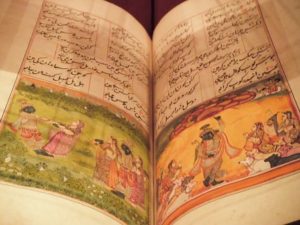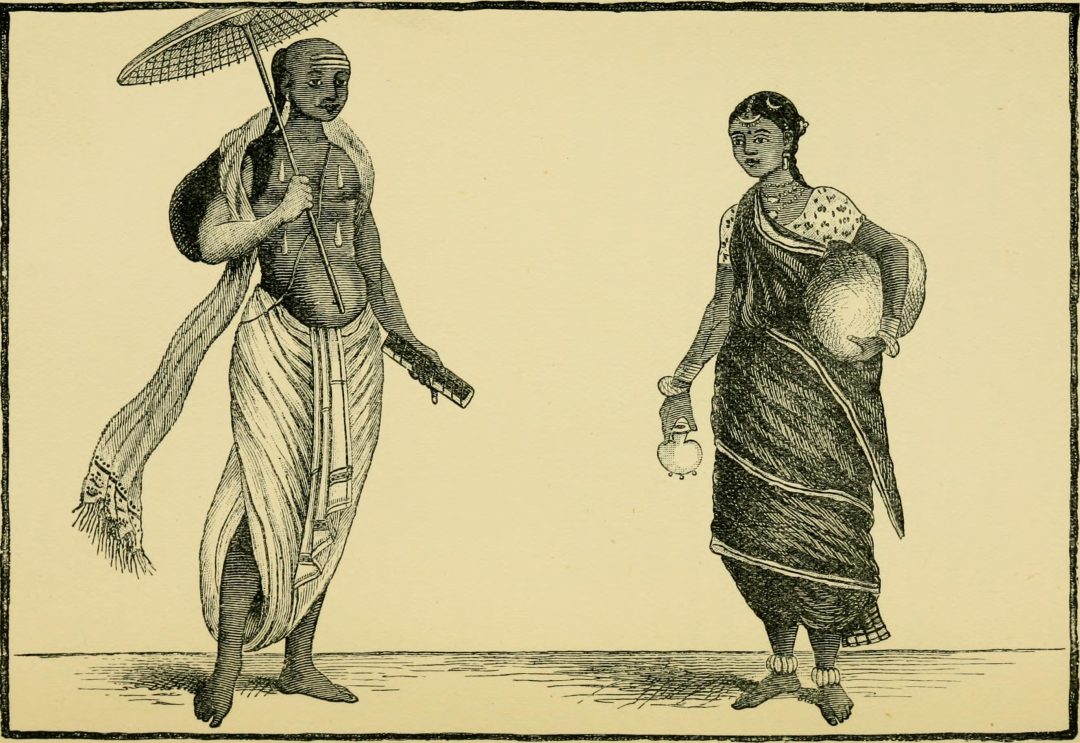Among the ten-thousand-year-old scriptures of Hinduism is a passage in the Bhagavad Gita that has captured my attention for twenty years. I have kept it on my desk, in these words:
You have the right to work, but for the work’s sake only
You have no right to the fruits of the work. Obtaining the fruits should never be your motive in working, Always keep your focus on the Supreme Lord. Work done to obtain fruits is inferior to work done for the work’s sake only. They who work selfishly for results are miserable.
It has always struck me that this is an expression of a philosophy opposite to that of America. In this country, we learn to work for the sake of the fruits. Frederick Douglass, the freed slave cum social philosopher, and activist said that you don’t always get what you work for, but you always work for what you get. The Horatio Alger-Ragged Dick-Any Boy Can Become President- Pull Yourself Up By Your Bootstraps myth is powerful and, in my opinion, has largely made America what it is today, good and ill. A nation of immigrants, we have had to, perhaps existentially, subscribe to the belief that achievement and happiness and comfort in one generation were possible, or our great land of opportunity would just be a dream, at best, or a lie, at worst.
Doing good work for its own sake is a value in which we take pride
To suggest we have no right to the fruits of our work is to deny the immigrant any payoff for his sacrifices in coming here. Or is it? Ironically, the idea that we should do the best work we can with no regard for a reward is also familiar to Americans. Doing good work for its own sake is a value in which we take pride. We envied the Russians Sputnik, for instance, because their space program made it to space faster than ours did. But we got it in gear and were the first to land on the moon. Why? Some people will argue that it is so we could invent velcro and freeze-dried food, but I submit we went there because we could, just as Lewis and Clark crossed the continent and Columbus sailed the ocean blue. Also just as Ford invented the assembly line and Edison invented the light bulb and the movie projector. We do excellent work because we are Americans, not because we get goodies for it.
 When the Gita says that “work done to obtain fruits is inferior,” I think of the kind of sloppy, hasty, patched-up job we all recognize as inferior. “Just slap some paint on it and call it done”- that attitude, one which makes us feel uncomfortable, even angry. Sometimes we have to resort to “making do” as the Greatest Generation had to do during the Great Depression and WW II, but we all recognize fine work when we see it- the finest work- and we would hope to produce it ourselves if only to have the experience of knowing it cannot be done better. We have then satisfied a higher standard than may exist among us, a spiritual standard; hence, the mention of the Supreme Being.
When the Gita says that “work done to obtain fruits is inferior,” I think of the kind of sloppy, hasty, patched-up job we all recognize as inferior. “Just slap some paint on it and call it done”- that attitude, one which makes us feel uncomfortable, even angry. Sometimes we have to resort to “making do” as the Greatest Generation had to do during the Great Depression and WW II, but we all recognize fine work when we see it- the finest work- and we would hope to produce it ourselves if only to have the experience of knowing it cannot be done better. We have then satisfied a higher standard than may exist among us, a spiritual standard; hence, the mention of the Supreme Being.
On a day to day level, doing your best work because it is the right thing to do, no matter what the standards may be around you at the time, is a solid foundation. I can put in a day’s work knowing I did my best today when picturing myself doing my best forever would be too much of a challenge. As they say, “one day at a time.” Here, the Hindus have it too- rather one job at a time, or one task at a time. Focusing on the work is a healthy practice from the perspective of the boss, the employee, and the higher reality of the “Supreme Lord.” At least, if I can’t renounce the fruits, I can at least know I have them still in mind, and that is better than just giving up on achieving this level of service.






